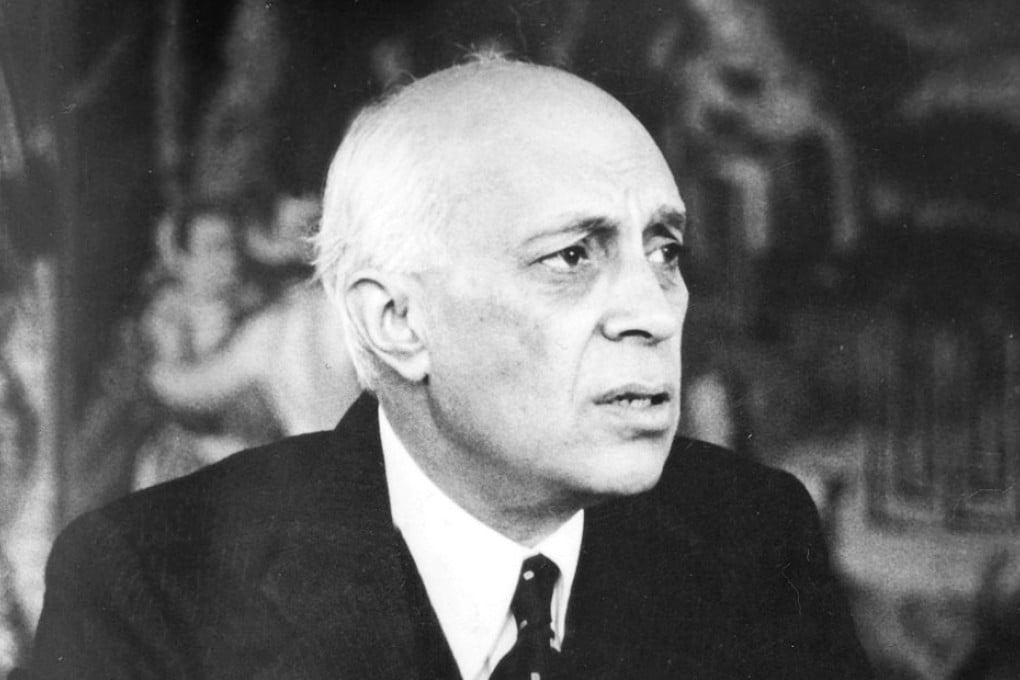
In his first interview after a Snowden-style disclosure of the contentious secret report on the 1962 China-India war, Neville Maxwell tells Debasish Roy Chowdhury of the South China Morning Post what the 50-year-old document means for the future of China-India relations.
Post: The Henderson Brooks-Bhagat Report (HBBR) was filed in 1963. You, it appears, gained access to it soon after. What took you so long to come out with it?
NM: I had been trying for years to get the report on to the public record. In 2012, I’d made the text available to several newspapers in India.
Post: What reasons did they give you for not carrying it?
NM: Well, they agreed it should be made public, but they thought that had to be done by the government. If the press did it, the result, they said, would be a fierce row, accusations of betrayal of national interest, fierce attacks on the journals who had leaked. In short, nothing good, a lot bad.
So it had begun to look as if the report might never be published, and I thought that would be dreadful, wasting all the efforts of the authors, denying historians access to a crucial aspect of that unnecessary but hugely consequential border war - so I decided to do it myself.
I must apologise, by the way, for the clumsy way in which it was done. The blog collapsed under its own weight soon after it was launched, not because of government censorship, as was thought in India. I saw reports in India on speculation that the government was blocking the site.